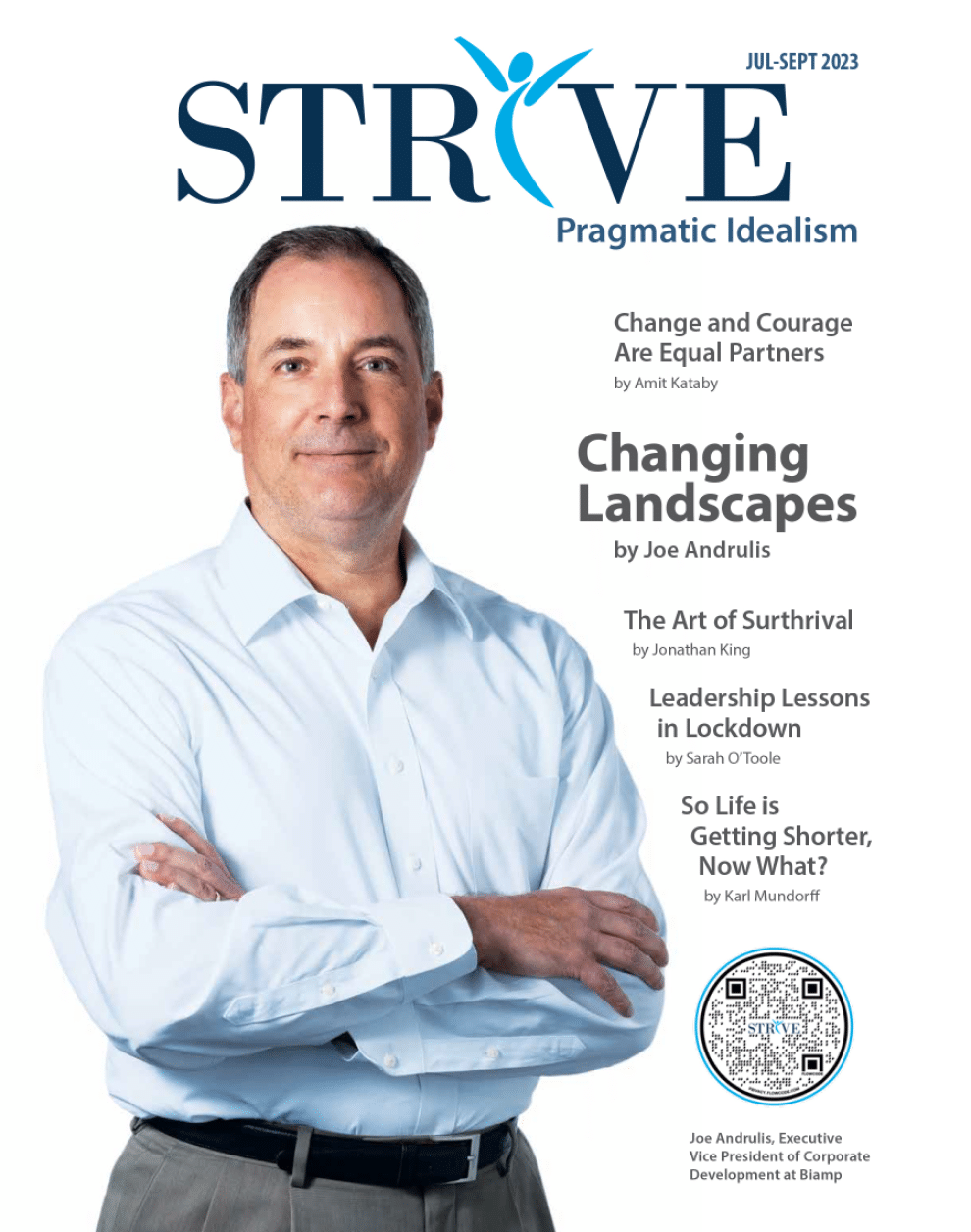Just today, a competitor suggested that BMG close our office—that during economic downturn, “smart” leaders cut budgets, and the first things to go are strategic planning, employee development and, in his words, the “kumbaya” elements of business. In short, employers don’t have the stomach for the touchy-feely.
We respectfully disagree.
In many companies, there is an expectation that, in order to help a company grow, an employee must specialize across a wide variety of competencies. However, just asking your current staff to take on more specialties will not satisfy your customers or your business’s needs.
Here is an example: if you were building a house, would you have your plumber also handle the wiring? Unless your plumber also trained extensively as an electrician, you wouldn’t. Specializations take time and energy to develop and they are not readily accessible skillsets.
In economic recessions, the truth is that there will be staffing cuts and responsibilities must be delegated to those who remain. A leaner staff must work efficiently in order to ensure that the work gets done and quality is maintained. Loose ends have no place in a lean staff. Those who must shoulder the burden need to have comprehensive knowledge.
Thus, it is vital that companies make sure they are stacking their bench with a team of specialists for each area they serve.
We base our recommendation on a study by Harvard Law. The research from the study finds that collaboration between professional service firms of different specializations increases revenue and business opportunity from shared clients (Gardner, 2015). In the case of a single company, our vision is that the highest level of competency per business sector is established. Those individuals collaborate to continue and grow business.
We have taken our own advice, and have spent the last five years stacking our own bench, so that we have specialists across a pool of industries who can help BMG and our clients grow.
This leaner staff surely means that employers will be saving money during the economic recession. Yet, for every salary saved, employers seem to be at a loss for what to do with the money they now have at their disposal. The answer is exactly what our dear competitor advised against–reinvest those salary dollars into the employees still on the team.
Specialization does not mean that there is never room for development, or perhaps there is a particular employee who needs to fill the shoes of one specialist. In a world where only 34 percent of employees are engaged at work (Gallup, 2016), employers who simply expect employees to develop new skills will be disappointed. But, if they invest their efforts towards developing their employees and collaboration, they will likely see outcomes that speak to the future of their company.
In order to succeed, employees have to work together. While employers would love minimal staff that can do whole projects by themselves, collaboration between specialties earns higher margins, inspires greater client loyalty and gains a competitive edge (Gardner, 2015). It turns out the touchy-feely is necessary in order to maintain a successful business—it isn’t the fluff our competitor wishes to paint it as.
Employers take note: though a difficult road lies ahead in the wake of an on-coming recession, there is opportunity. You have the chance to reassess your definition of the word “versatile,” and apply it to the team you will have at your side to brave the storm.
REFERENCES
Gallup. (2016). Gallup Daily: U.S. Employee Engagement.
Retrieved from www.gallup.com.
Gardner, H. (2015, March). When Senior Managers Won’t Collaborate. Harvard Business Review, 93, 74-82.
This article first appeared in the July 2016 issue of STRIVE magazine.
About the Author
Paula Bradison is the Owner and CEO of BMG, a multi-disciplinary business management consulting firm focused on sustainability through the introduction of best business practices. While 22 years of her professional background has been rooted in healthcare, for the past 5 years she has focused her attention on a wide variety of professional service organizations including architecture, engineering, dentistry and benefits. Every project has been customized, with her expertise augmented with a robust roster of highly specialized sub-consultants so that deliverables are applied in a meaningful and reportable way.














































